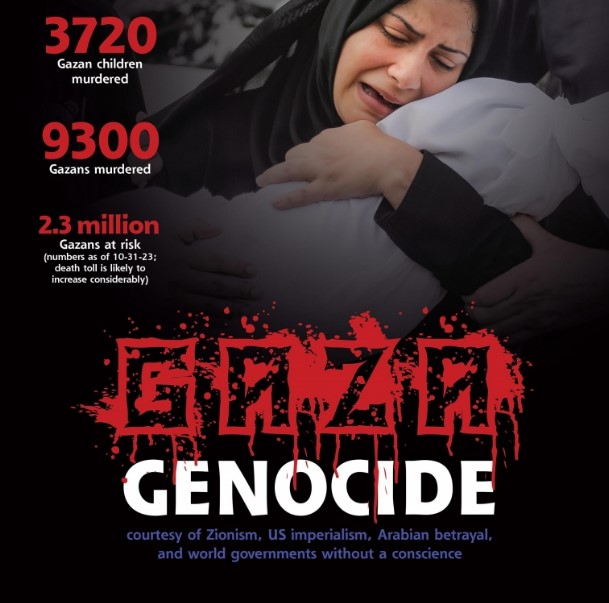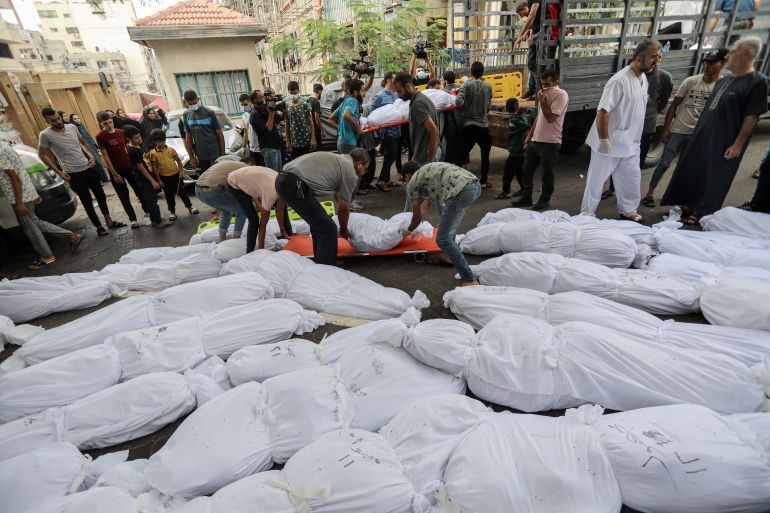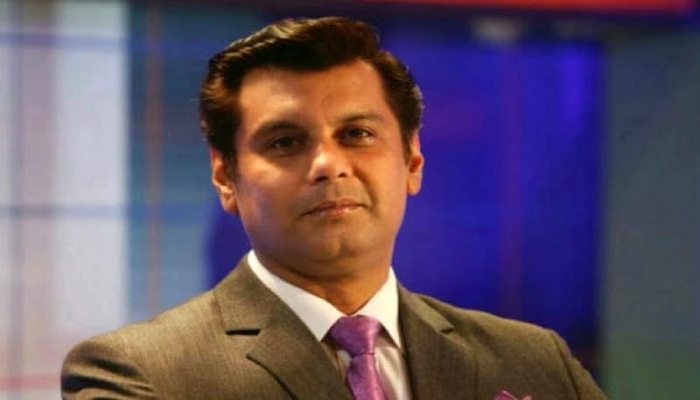Narendra Modi Has Posed a Serious Challenge To Pakistan On Multiple Fronts
0 comments | by Javed Hussain

Since his election as the Prime Minister of India, Narendra Modi has posed a serious challenge to Pakistan on multiple fronts with dire implications for Pakistan’s security, economic prosperity, internal political stability, and cultural identity.
This is not surprising considering Modi’s RSS background, his commitment to Hindutva, his record of the massacre of the Muslims in Gujrat, and his deep anti-Muslim and anti-Pakistan bias. It is imperative to acquire an accurate understanding of the challenge by Modi in various forms if Pakistan is to overcome it successfully in the struggle for promoting its national interests. Unfortunately, what one sees in Pakistan instead is either the extreme of Indophobia, which rejects the possibility of any constructive and mutually beneficial cooperation with India, or the advice of unlimited and unconditional cooperation with India irrespective of its long-term adverse consequences for Pakistan’s independence and economic well-being that the Indophiles in our country advocate. A balanced and well-nuanced India policy, which would avoid these extremes and chart out a course of action serving the best interests of the country, has remained elusive so far.
India’s over-arching strategic goal is to establish its hegemony in South Asia. It views Pakistan as the biggest obstacle in the realization of this objective as Islamabad is unlikely to kowtow before New Delhi’s diktat in the interest of its own security and economic progress. There is, thus, an inherent and long-term tension between Pakistan and India, which simply cannot be wished away whatever the Indophiles in Pakistan may claim. The situation becomes even more alarming if one adds to this latent tension the negative consequences of the various outstanding disputes, particularly the Kashmir dispute, for Pakistan-India relations. The strains and tensions in Pakistan-India relations, therefore, will remain a norm rather than an unusual phenomenon for a long time to come. The situation will change for the better only when India gives up its hegemonic designs in South Asia and learns to deal with Pakistan on the basis of sovereign equality and mutual respect, and there is visible progress towards the resolution of outstanding disputes. Meanwhile, our policy makers should not remain under any illusions about the prospects of genuine friendship with India.
The current scenario in which India is led by a BJP government headed by Narendra Modi with deep commitment to RSS ideology and Hindutva, is even more threatening for Pakistan’s interests than would be the case under a more liberal and benign governmental set-up in India. Pakistan’s experience in its dealings with India since the assumption of power by Narendra Modi bears out these apprehensions. Besides frequent cases of unprovoked Indian shelling across the LOC and the Working Boundary, India has launched a campaign of destabilising Pakistan internally under the Modi-led government through fomenting terrorism in different parts of Pakistan and supporting the insurgency in Balochistan. The arrest of Kalbhaushan, a serving officer of the Indian navy, in Balochistan on charges of fomenting terrorism in Pakistan as a RAW agent has left no doubt about the Modi government’s nefarious designs concerning Pakistan.
At the same time, we should not rule out totally the possibilities of limited cooperation between Pakistan and India in different fields. There is a strategic imperative of peace between Pakistan and India because of their de facto status as nuclear-weapon states. They also need peace to be able to focus on the gigantic and urgent task of eradicating widespread poverty and accelerating economic growth. It is in their mutual interest to avoid an all-out war and strengthen the climate of peace in South Asia through the adoption of confidence building measures in military and political fields. This would require continuous and unconditional dialogue in which the two countries can discuss all matters of concern to them with the objective of building up mutual trust, minimising the risk of an armed conflict between them, trying to resolve outstanding disputes, and engaging in mutually beneficial cooperation. Such a dialogue is not a favour to be granted by one country to the other. Pakistan should, therefore, simply keep the door of dialogue open so that India can walk through it whenever it is ready to do so.
Modi’s government, true to its colours, has adopted a hardline approach in dealing with Pakistan. This approach is reflected in its efforts to isolate Pakistan internationally on the issue of terrorism and to combine forces with Afghanistan for putting joint pressure on Islamabad as reflected quite vividly at the recent Heart of Asia conference at Amritsar. It is also reflected in the intense shelling across the LOC and the Working Boundary which has been going on for several months in response to alleged acts of “cross-border terrorism” from the Pakistani side. It is doubtful, however, that India, mindful of the dangers of the escalation of a conventional armed conflict to a nuclear war, would try to bring Pakistan down on its knees through a conclusive military defeat. Instead, taking a leaf from the advice given by Kautilya, it would resort to the strategy of indirect approach. Its strategy would accordingly rely primarily on political, economic and cultural means for achieving its strategic goals vis-à-vis Pakistan while keeping it under pressure militarily and internationally. On the political front, it would try to foment instability and dissensions in Pakistan to weaken it internally. On the economic side, it would aim at moving so far ahead of Pakistan in terms of economic growth as to neutralise its capacity to resist India’s hegemonic ambitions. In the cultural sphere, it would make a serious effort to undermine Pakistan’s distinct Islamic identity, thus, questioning the very rationale for the creation of Pakistan. For this purpose, India would use Pakistan’s electronic and print media and the Mumbai film industry.
Pakistan’s response to the challenge posed by the Modi-led India should cover all the aforementioned dimensions. On military side, Pakistan must maintain a credible security deterrent at the lowest level of armed forces and armaments so as not to overburden our economy with the demands of the military sector. Internationally, we must neutralise India’s efforts to isolate us by not allowing any daylight between our declared and operational anti-terrorism policies. On the political front, we should strengthen internal stability and cohesion by building up democratic institutions, giving the various provinces their due share in the state power and resources, combatting religious extremism, uprooting terrorism without any exceptions, reducing inequalities of income and wealth, and ensuring the rule of law in the country. In the economic field, we should try to surpass India in terms of economic growth for eradicating poverty, lowering unemployment, and raising the standard of living of the people. But equally importantly, a high economic growth rate would also help us in strengthening our national security in the long run by providing the resources and technologies required for safeguarding it. Finally, we should pay due attention to the preservation of our distinct Islamic identity in facing the formidable challenge posed by India to our existence as an independent country.
Pakistan needs to adopt a comprehensive approach covering the political, diplomatic, economic, military and cultural dimensions of the statecraft in facing successfully the challenge posed by India. A unidimensional approach emphasising only the military side, which has been our preoccupation so far, will simply not do. The various institutions of the state with the active support of the people of Pakistan at large need to bring together the policy dimensions mentioned above into a coherent whole to constitute an effective grand strategy for foiling India’s evil designs.





